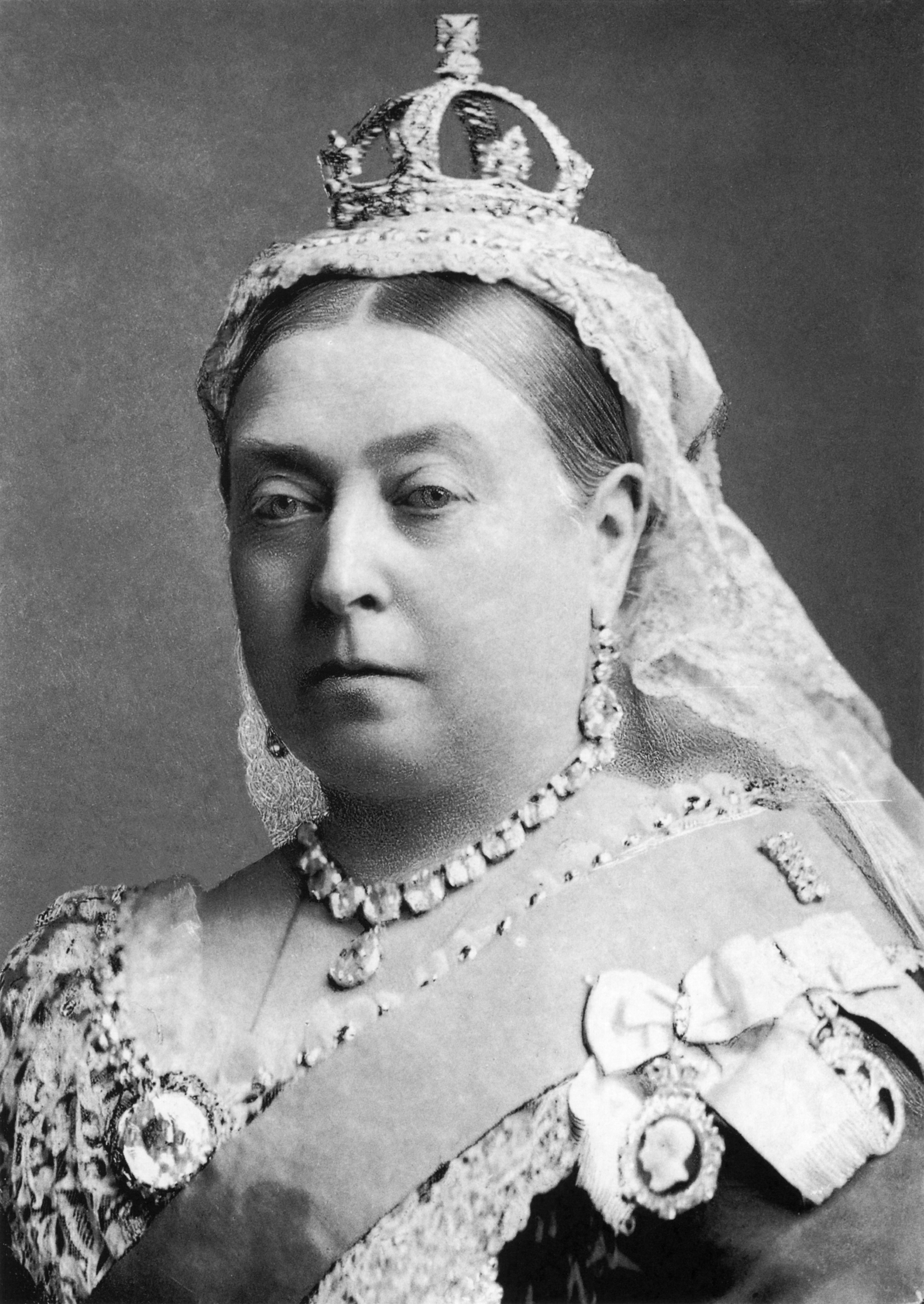Wednesday, September 18 Intro to My Last Duchess by Robert Browning

Learning standards:
2. I can determine the meanings of words and phrases as they are used in the text, including figurative and connotative meanings; I can use context to determine possible meanings of unfamiliar words or expressions.
Class blog: parkerenglish3-19-20.blogspot.com
In class: At this point I should have ALL essays, graphic organizers and cultural iceberg drawings. 2006630
Introduction to Robert Browning's My Last Duchess/ image analysis and handout of poem. (copy below)
1. Take out your notebooks.
2. On a new page, write a mla heading. The title is portrait comparison.
3. Below are two images: one of a Duke, the other of a Duchess
4. In your notebook, write a vivid, descriptive sentence about the man. This should be fact based; that is what exactly do you observe.
5. Under your descriptive sentence, write another complete sentence about any inferences that can be made about what you have observed.
6. Repeat steps 4 and 5 for the Duchess.
My Last Duchess audio
My Last Duchess
FERRARA
That’s my last Duchess painted on the wall,
Looking as if she were alive. I call
That piece a wonder, now; Fra Pandolf’s hands
Worked busily a day, and there she stands.
Will’t please you sit and look at her? I said
“Fra Pandolf” by design, for never read
Strangers like you that pictured countenance,
The depth and passion of its earnest glance,
But to myself they turned (since none puts by
The curtain I have drawn for you, but I)
And seemed as they would ask me, if they durst,
How such a glance came there; so, not the first
Are you to turn and ask thus. Sir, ’twas not
Her husband’s presence only, called that spot
Of joy into the Duchess’ cheek; perhaps
Fra Pandolf chanced to say, “Her mantle laps
Over my lady’s wrist too much,” or “Paint
Must never hope to reproduce the faint
Half-flush that dies along her throat.” Such stuff
Was courtesy, she thought, and cause enough
For calling up that spot of joy. She had
A heart—how shall I say?— too soon made glad,
Too easily impressed; she liked whate’er
She looked on, and her looks went everywhere.
Sir, ’twas all one! My favour at her breast,
The dropping of the daylight in the West,
The bough of cherries some officious fool
Broke in the orchard for her, the white mule
She rode with round the terrace—all and each
Would draw from her alike the approving speech,
Or blush, at least. She thanked men—good! but thanked
Somehow—I know not how—as if she ranked
My gift of a nine-hundred-years-old name
With anybody’s gift. Who’d stoop to blame
This sort of trifling? Even had you skill
In speech—which I have not—to make your will
Quite clear to such an one, and say, “Just this
Or that in you disgusts me; here you miss,
Or there exceed the mark”—and if she let
Herself be lessoned so, nor plainly set
Her wits to yours, forsooth, and made excuse—
E’en then would be some stooping; and I choose
Never to stoop. Oh, sir, she smiled, no doubt,
Whene’er I passed her; but who passed without
Much the same smile? This grew; I gave commands;
Then all smiles stopped together. There she stands
As if alive. Will’t please you rise? We’ll meet
The company below, then. I repeat,
The Count your master’s known munificence
Is ample warrant that no just pretense
Of mine for dowry will be disallowed;
Though his fair daughter’s self, as I avowed
At starting, is my object. Nay, we’ll go
Together down, sir. Notice Neptune, though,
Taming a sea-horse, thought a rarity,
Which Claus of Innsbruck cast in bronze for me!
*****************************************************************
Hamlet vocabulary 1 Quiz on Tuesday, September 24
1. auspicious (adjective)- giving a sign of future success
2. resolute (adjective)-determined, unwavering
3. mettle (noun)-courage; mettle (verb)- to interfere
4. dirge (noun)- funeral song
5. to usurp (verb)- take the place of (someone in a position of power) illegally
6. to entreat (verb)- ask someone earnestly or anxiously to do something.
7. to assail (verb)to attack or to criticize
8. discretion (noun)- the quality of behaving or speaking in such a way as to avoid causing offense or revealing private information.
9. portentous (adjective)-ominous, fateful
10. to ratify (verb)- sign or give formal consent to (a treaty, contract, or agreement), making it officially valid.




Comments
Post a Comment